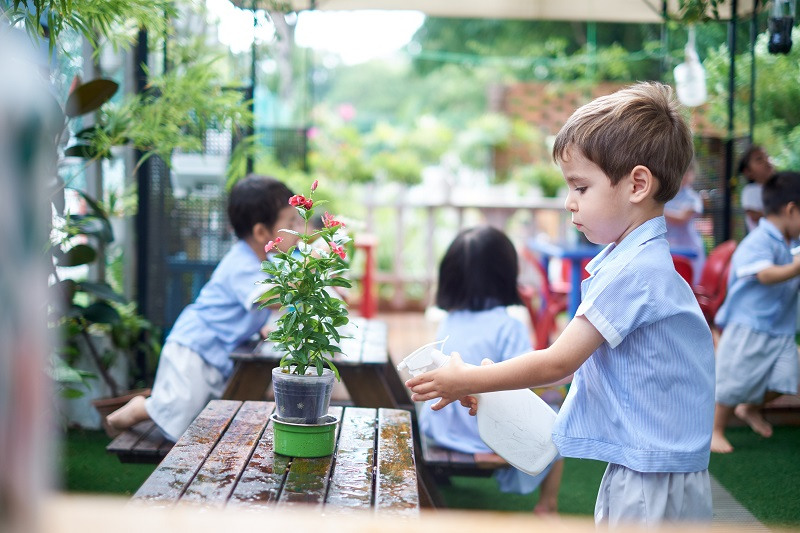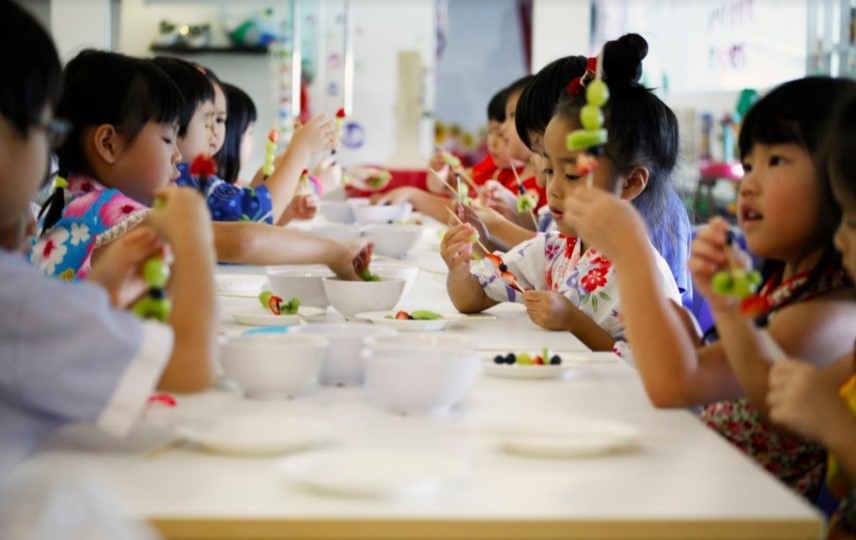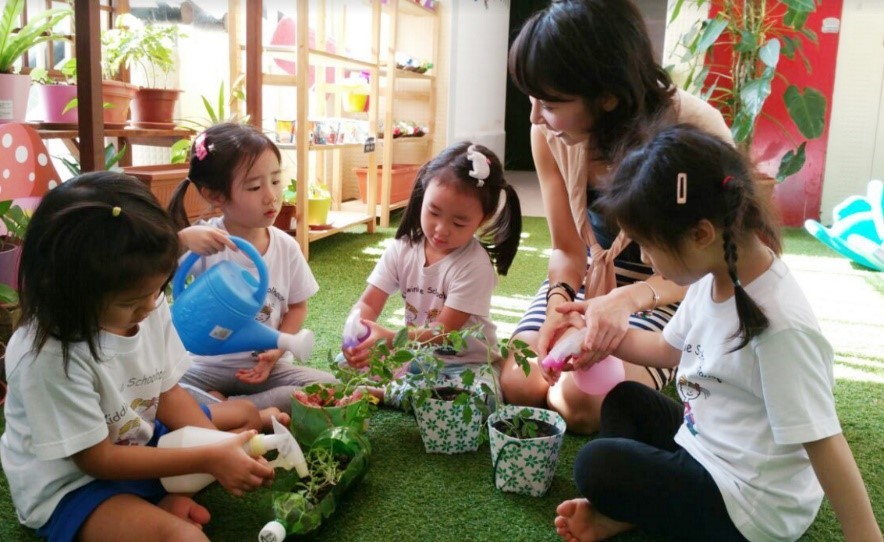
At the age of two or even three, it may be hard to picture your little ones making their own decisions – what to wear, which activities to do, what to eat.
Too much leeway may result in disastrous results, but it is important to provide opportunities to grow and develop independence in children during their developmental years.
So how do we let our children take the reins, without letting them wear pyjamas to a family dinner or eat ice-cream for breakfast?
Here are some ways to foster independence in children, right from the preschool years.
How to Foster Independence in Preschoolers
1. Assign "age-appropriate" tasks
It will be a tall order to ask your preschool child to tie his/her own shoelaces without the basics of pairing the right foot with either side of the shoes. Start with simple tasks such as placing toys back in their original spots after he/she is done playing with them, or even making his/her own bed.
When your child first starts school, he/she might be unwilling to try self-feeding, as it is a habit to be fed by an adult. In our preschool centres, our teachers encourage the children to try feeding themselves, and help steer their sometimes unsteady hands towards their mouths.
“The smiles of victory when they manage to feed themselves are simply priceless,” says Ms Debra, a playgroup class teacher.
2. Hold back on the help
When your child faces a roadblock in the task, it is a natural inclination to step in to help. However, keep in mind that every mistake is a learning opportunity. It is all about finding the positives in the negatives!
To encourage independence in children, provide suggestions or steer the conversation in a way that provides room for problem-solving. For example, instead of saying, “That’s not how it should be done,” try “Let’s see if we can do it another way!”
3. Offer choices
Yes, we do want to give our children the autonomy to make their own decisions, but how do we ensure that they don’t veer off track?
The key is to narrow down the options in order to set boundaries. To ensure they won’t be eating ice cream for breakfast, ask if they would prefer having cereal or a peanut butter sandwich instead. That way, the final decision still lies with them!
4. Make it fun!
Turn the seemingly mundane task into a game by setting a time frame to complete it. For example, compete with your child to see which one of you can get dressed and be ready at the doorway in 10 mins. This way, you can eliminate the once long-drawn process of getting dressed.
5. Praise
Even if the result is far from perfect, which child doesn’t like being praised for his or her efforts?
“In class, our children are praised when they are focused or show enthusiasm at the task they have to do,” says Ms. Carmen, our arts enrichment teacher. “It’s all about how they are willing to try out new things!”
Be generous with your words of encouragement, celebrating each of your preschooler’s milestones and mini accomplishments with a “Great job on putting on your socks correctly!” or “You’ll do it much better next time!”
Guide Your Child to Self-Help
Toddlerhood is certainly a crucial time in a child’s life. The simple act of not bursting into tears every time he or she says goodbye to mummy at school is the right step in the direction of self -reliance.
It is important to remember that instilling independence in children, especially during the tender preschool years, requires a fair bit of time, not to mention patience!
By easing our children into completing simple tasks by themselves, it helps them feel that they are in control of their actions, which develops their sense of agency.
As educators and your partners in education, these tasks help us identify their capabilities, so we can nurture our children to become resilient leaders of tomorrow.
Learn more about our curriculum and how your preschooler can benefit from it – or schedule a school tour with your preferred campus to get a closer look at our learning environment and meet our friendly centre staff!








